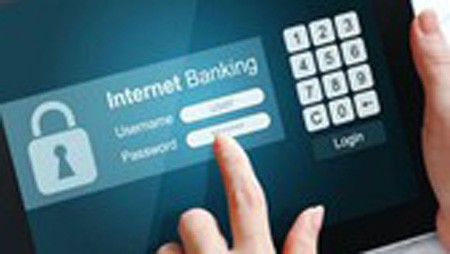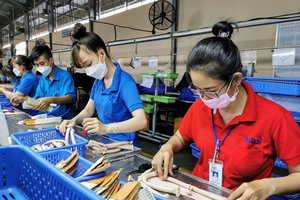
Vietcombank noticed its clients of typical information stealing activities. Criminals might be imposters asking bank users for their own username, password, and OTP (one-time pin) code in order to transfer money. They may also ask for bank cards’ information such as number, expiration date, OTP code, and CVV (card verification value) number.
Vietcombank affirmed that never does any bank send a link or contact clients for security information under any form. Therefore, all such information requests are from criminals.
Even more sophisticated, those imposters can say that call receivers have a postal package waiting, and they have to deposit money to pay for shipping.
Other criminals might fake an officer working in the court, the procuracy, or the public security office and say that a call receiver is involved in certain crimes. Then they ask the receiver to deposit money into an account to serve the investigation task.
Vietcombank advises that when sensing a fraud in bank activities, clients should temporarily close their account or change their service password before contacting the bank for further instruction.
Techcombank shared that many online business people are victims of online frauds since they normally display their bank account number and trading activities on Facebook. After obtaining these data, imposters might fake a bank officer or state officer to ask shop owners for their OPT code and then withdraw all money from their accounts.
In order to protect themselves from these crimes, Techcombank ‘s customers are recommended not to reveal security information related to their internet banking or use cracked software to access the operation system of an electronic device. They are also suggested not to enter sign-in passwords or OTP codes on websites with unclear origin or unacquainted links. Finally, online trading via public devices are not encouraged at all.
























